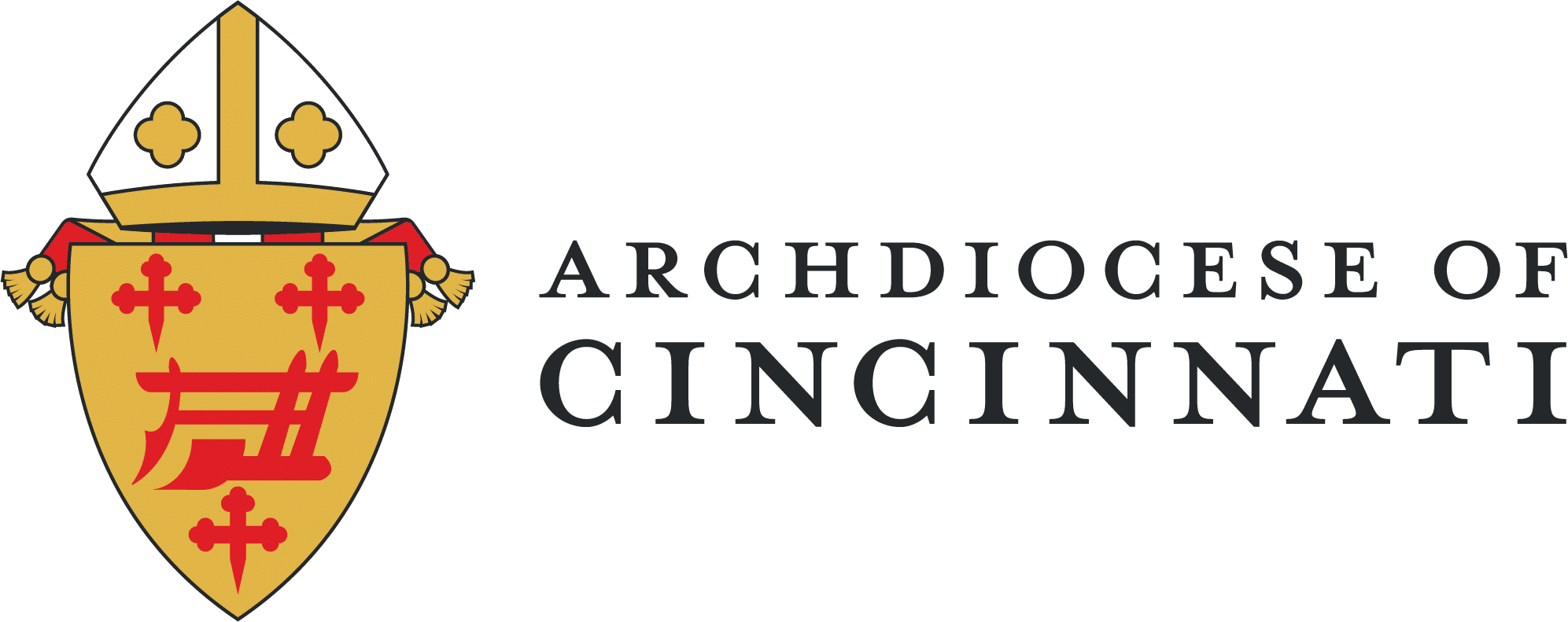The road that lies ahead for the Archdiocese of Cincinnati with Beacons of Light will not be an easy one. It will require discernment, both at an individual and communal level. In the Joy of the Gospel, Pope Francis invited every particular church to enter into a resolute process of discernment, purification and reform so that the missionary impulse of the Church might be more focused, generous, and fruitful, adding that the important thing is “to not walk alone, but to rely on each other as brothers and sisters, and especially under the leadership of the bishops, in a wise and realistic pastoral discernment.” (Evangelii Gaudium, 30; 33)
To recognize. Three phrases that help us understand discernment are: to recognize; to interpret; and to choose. Individuals and Families of Parishes must be able to confront situations and difficulties in life; they need to be able to recognize and name these difficulties. At the same time, they also must possess a sense of self-awareness. Many today are well-educated in the sciences and have a refined background, but are illiterate when it comes to affectivity. Hence, there is a serious need to form people and communities in recognizing the interior movements of the Spirit and to have an honest assessment of one’s own identity. There must be a recognition of those movements of the Spirit which bring joy and which last, and those that do not.
To interpret. Individuals and Families of Parishes must not only recognize challenges, but also learn to interpret experiences, especially in light of faith. As individuals and communities attempt to understand the meaning of that which they are experiencing and how to evaluate experiences, the hierarchy of truths of the Catholic Faith can assist in the discernment process.
Pope Francis, in Evangelii Gaudium (n. 20), calls all of us to discern: “Each Christian and every community must discern the path that the Lord points out, but all of us are asked to obey his call to go forth from our own comfort zone in order to reach all the ‘peripheries’ in need of the light of the Gospel.”
The process of discernment and deliberation is critical. People and parishes will need to weigh the pros and cons, using faith and reason, when making proposals or decisions. Laity, across the spectrum, are called to fulfill the responsibilities of their baptism, to work for the sanctification of the world, and to take part in the evangelizing mission of the Church, offering insights from their professional, personal and spiritual experiences.
Religious men and women, are uniquely positioned to illuminate the transcendent and eschatological dimensions of some of the issues that arise. As co-workers of the bishop, priests, and especially pastors, offer their theological, spiritual and pastoral insights, possessing the experience of shepherding and accompanying the flock, standing as Christ in their midst.
To choose. Discernment demands being able to choose. Mindful of their duty to listen to the flock, pastors must have the “smell of the sheep.” Locally, the Archbishop ultimately has a personal and specific responsibility to witness to the truth and to preserve the unity and integrity of the faith and the flock. After careful discernment, flowing from the unanimity of the consent emanating from the deliberations, he will have to make decisions, but his choices will come only after input from the people and clergy of the Archdiocese and after prayerful discernment.
For example, in the Beacons of Light process, the grouping of parishes into “families of Parishes” demanded gathering insights and data from lay men and women, through their pastors, pastoral councils, and staff, and working together to look at possible groupings. Input was sought from the Deans, Presbyteral Council, and heads of Archdiocesan Departments. Priests and School Principals were invited to offer their insights. Finally, after a three-week period of public comment, the Archbishop decided to finalize the groupings. Later in the process, each Family of Parishes will propose a pastoral plan, and the Archbishop will have to decide whether to approve that plan.
This consent – this choosing – is never an assertion of power but remains a service to the Church in the name of the Lord Jesus. Ultimately, discernment is of a communitarian nature and an expression of the co-responsibility that believers have; it demands that its members have an ecclesial conscience leading to communion. The keyword is “co-responsibility.”
In 2009, Pope Benedict XVI said:
It is necessary to improve pastoral structures in such a way that the co-responsibility of all the members of the People of God in their entirety is gradually promoted, with respect for vocations and for the respective roles of the consecrated and of lay people. This demands a change in mindset, particularly concerning lay people. They must no longer be viewed as “collaborators” of the clergy but truly be recognized as “coresponsible”, for the Church’s being and action, thereby fostering the consolidation of a mature and committed laity. (Benedict XVI, “Discorso all’apertura del convegno pastorale della diocesi di Roma sul tema: ‘appartenenza ecclesiale e corresponsibilit pastorale,’” May 26, 2009)
Difficult decisions and choices must be made. No one cannot expect to experience some pain in the process, but, if the process is a shared process, then, in the end, it is hoped that our local church will be in a better position to carry out the mission of evangelization and that our parishes will truly be Beacons of Light.

